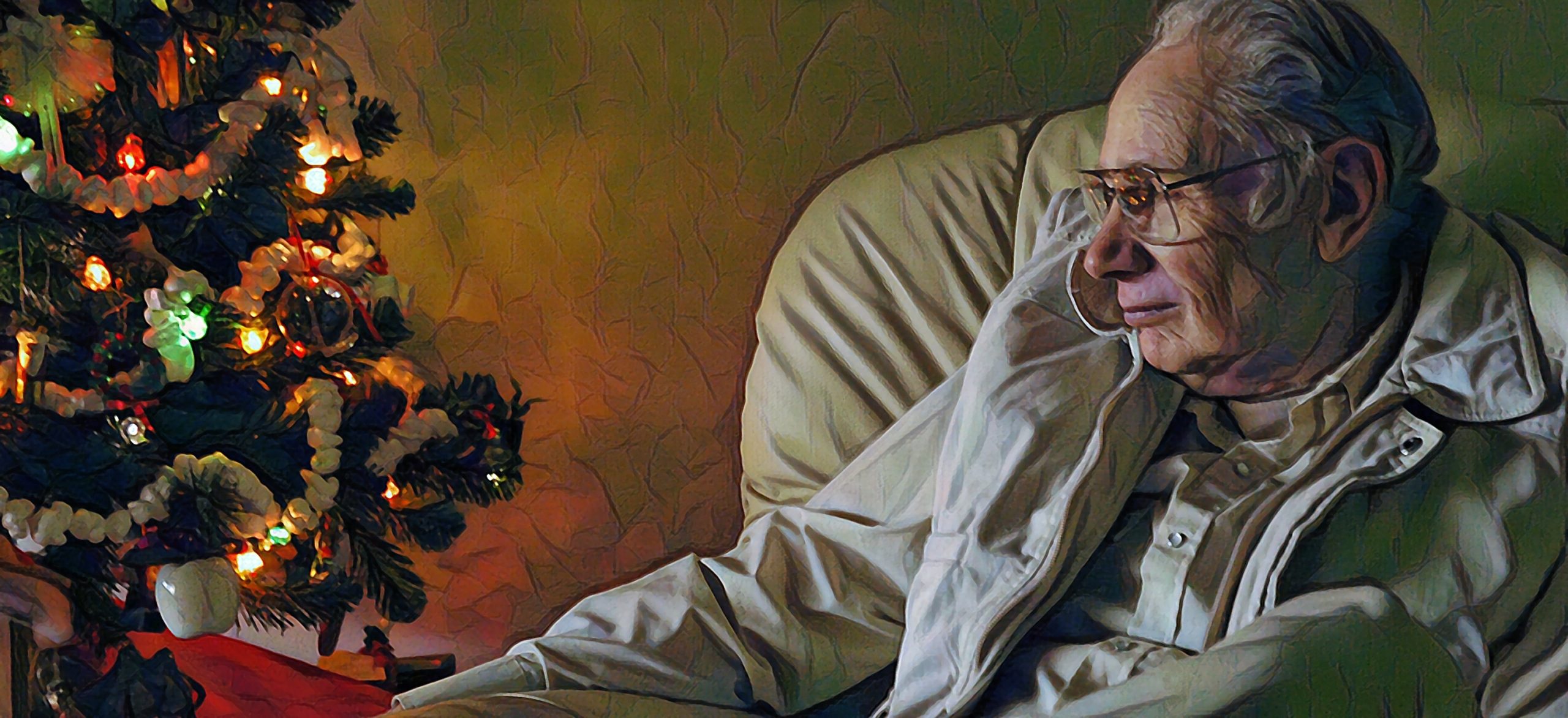The first year after a death in the family, holidays can be particularly difficult. Many of my clients tell me they wish they could just stay in bed with the covers over their heads until January.
I too am familiar with the feelings of dread that may seem overwhelming when facing holidays. My five-year-old son died suddenly almost 30 years ago, and I can still recall the pain of the first year as I struggled to not only survive holidays but to simply get through each day.
During this season we are bombarded with the stereotype of the “perfect family,” experiencing nothing but joy and warmth as they gather around the holiday table. This commercialized myth has been instrumental in selling mass quantities of merchandise. It is, therefore, an unavoidable part of the holiday culture.
We are forced to contemplate the reality of our loss-filled family life and compare it to the myth of the perfect family closeness that we see portrayed in the media. This comparison can be difficult even for intact families, but those that have sustained losses may feel even more isolated and bereft.
However, it is important to remember that you and your family do have options about how to cope with the holidays.
Most importantly, discuss past traditions and make changes according to the wishes of those who are hurting the most. Do not hesitate to openly acknowledge your loss for fear of upsetting others. It is far worse to act as if everything were normal when so clearly, it is not.
Some families choose to remember their loved one in a variety of ways that may include the following:
- Decorate a wreath with pictures and mementos of the person who died.
- Encourage grieving children to draw pictures and create gifts inspired by their memories of the deceased to give to other family members.
- Donate to a favorite charity in memory of the one who died.
- Decorate a special candle and light it at mealtime. A simple expression of remembrance can be said such as “John, we miss you and will remember you always.”
- Share anecdotes and stories about the deceased. This can give permission to other family members to share their own stories. If your celebration is Hanukkah, you can recall a memory on each of the eight nights that you light the Menorah.
- Remember to allow yourself time to cry, to be alone if you wish, or to surround yourself with loved ones if that is helpful to you. There are no rules to follow, just know that the pain you are feeling is a testament that says you have loved someone deeply.
Your pain is like a physical wound that takes time and care in order to heal. Despite the fact that you will share some similarities with other grievers, your grief is unique to you and your particular loss.
With love and support, you will eventually find your own path through this wilderness of loss.




